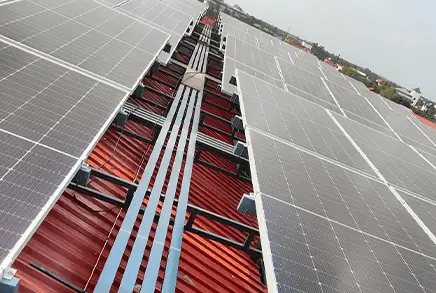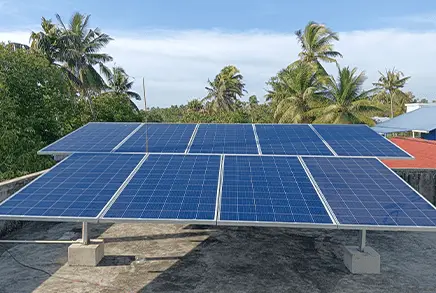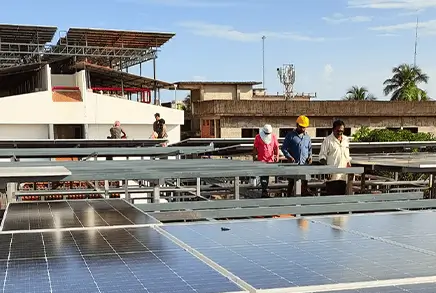-
System Inspection
System inspection involves checking battery voltage, charge retention, and physical condition to determine if replacement is needed or if reconditioning can restore functionality.
-
Safe Battery Removal and Disposal
Safely remove depleted batteries by turning off and disconnecting the power supply. Dispose of them properly, following environmental guidelines and recycling regulations to prevent hazards.
-
Choosing the Right Replacement Battery
Choose a replacement battery by matching voltage and capacity, selecting the right type (Lithium-ion, Lead-acid, Gel, or AGM), and ensuring compatibility, efficiency, and longevity.
-
Installation and System Testing
Install the new battery with correct polarity and secure connections. Test the system to ensure proper charging, discharging, and overall performance for optimal functionality.





